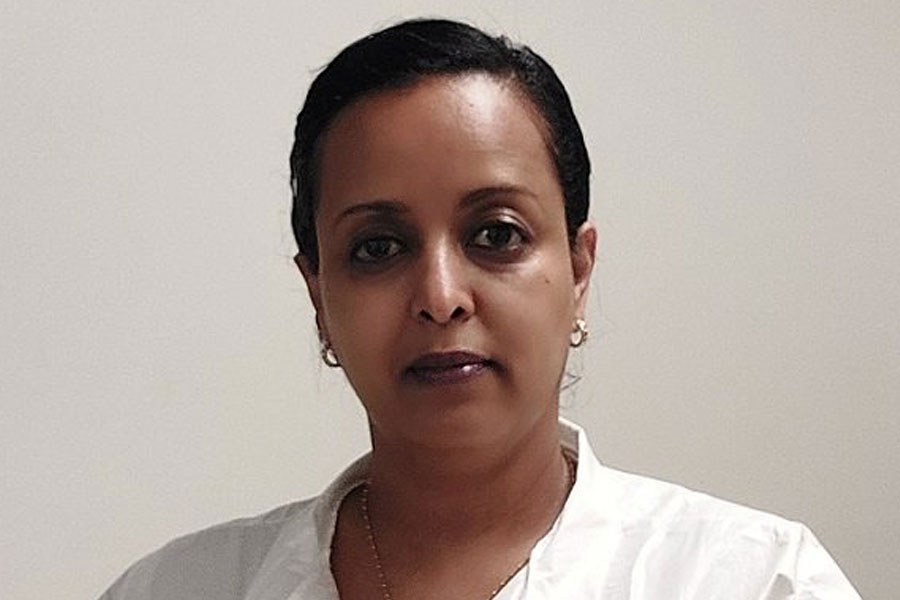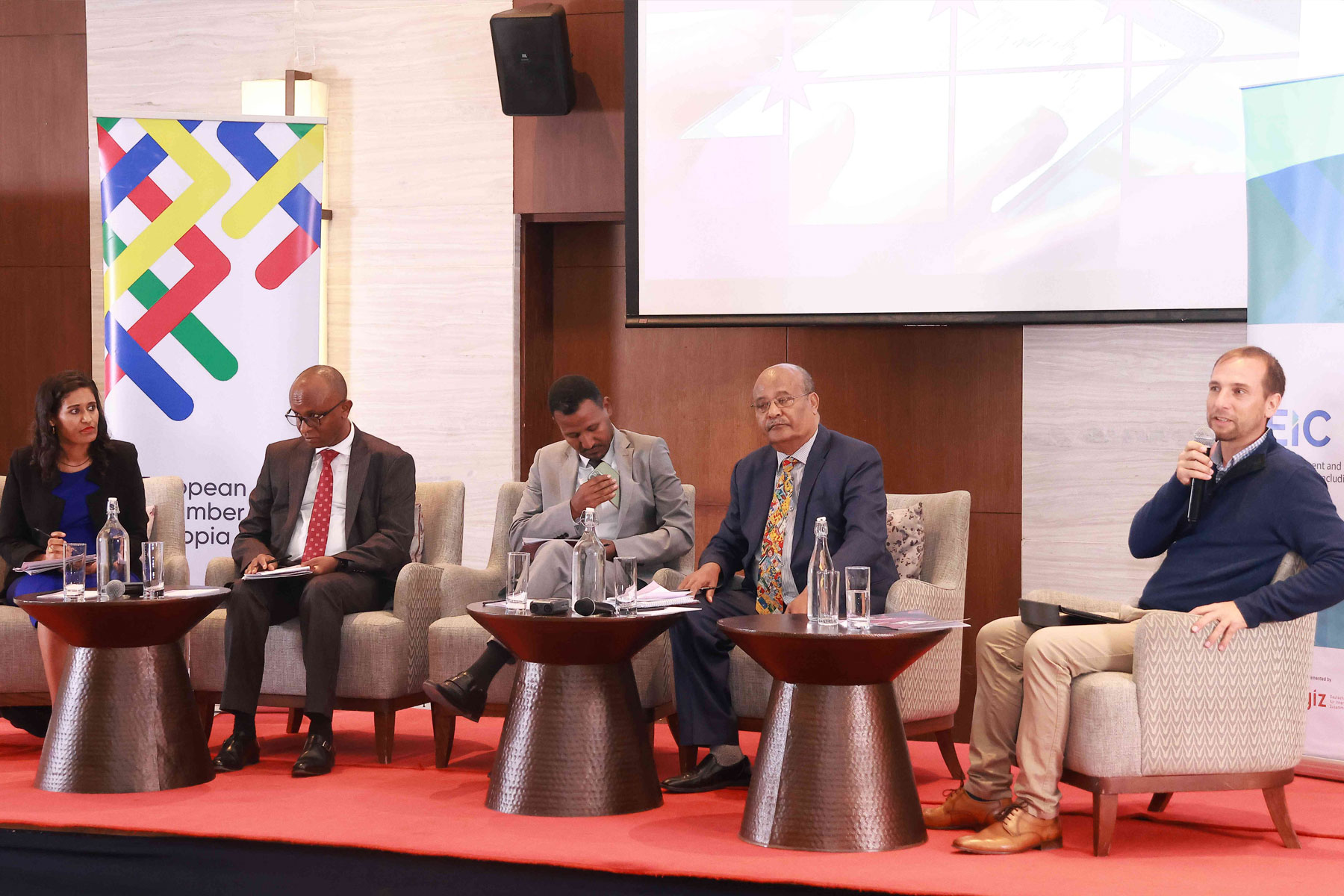
Radar | May 25,2019
Jan 5 , 2019
By BERHANE HAILEMARIAM ( FORTUNE STAFF WRITER )
The Oromia Revenues Authority is undergoing a massive restructuring, including transferring police and prosecutorial activities to the region's attorney general.
Initiated two months ago, the restructuring will be completed and implemented starting this month. Forming a new team to oversee tax audits, transferring police and prosecutors to another office and downsizing the structural division of the Authority into two are the three reforms.
The restructuring of the Authority is part of the reform process, which is being conducted in all of the Oromia Regional State's bureaus and offices with the aim of providing efficient, cost-effective and accessible services to the customers, according to Teshome Edetti, reform and ethics director at the Authority.
Under the regional state, there are a total of 64 bureaus, accommodating nearly half a million employees, out of which the Oromia Revenues Authority hired 186.
"Removing overlapping duties at offices and merging scattered duties into single offices are the major aims of the restructuring," said Teshome.
Police forces and prosecutors formerly assigned to the Authority’s structures in 315 weredas and 20 towns are removed and reassigned to their respective police prescient and Attorney General offices.
Police and prosecutors of the Authority were tasked with investigating tax evasion and initiating criminal cases in the courts.
The two mandates were removed from the Authority to ensure independence, check and balance duties and increase efficiency, according to Kebede Angassa, planning and budgeting director at the Authority. The authority administers 401,368 taxpayers, of which 22,215 are Category A, and 27,009 are Category B.
“New cases related to tax evasion will be switched to the Oromia Attorney General Office,” said Kebede.
The same power shift was made by the then Ethiopian Revenues & Customs Authority, two years ago. Following the formation of the Office of the Attorney General, the federal tax Authority lost its power to exercise any investigative and prosecutorial functions.
Yohannes Woldegebriel, a tax law expert, praises the reform but says the decision is long overdue.
"First of all, the revenue authority doesn't need the interference of prosecutors and the police in its structure," he said.
Even though the newly established Ministry of Revenues got its police force back again last month, it had lost the force that has been handling contraband and tax fraud issues. The police force was dissolved a decade ago with the arrival of the Business Process Re-engineering, a management restructuring that was implemented at civil service offices.
The other reform is the formation of a quality assurance team, the new department formed by the restructuring will focus on overseeing audit procedures to detect audit problems and flag them when it finds big discrepancies.
The quality assurance team would reduce taxpayer complaints and create accountability, according to Yohannes. "But it should give more attention to the auditors' qualifications and experience," he said.
The reform has also reduced the Law Enforcement, Education & Communication and Operation divisions into two by merging the first two divisions and forming the Tax Development & Classification Division.
The change decentralises the hierarchy, which enables the Authority to focus on policy issues and support, as well as capacity building and supervision, according to Simegn Nigussie, communications director of the Authority. The Authority has collected 34.8pc of the annual target of 15 billion Br in the first quarter of the current fiscal year.
Human resource allocation will follow the restructuring. The Authority has already finalised a directive for staff allocation, after forming a committee.
"The reassigning and allocation of employees was started this week," he said Simegn.
The Authority's tax collection performance has recovered last fiscal year, showing a 25.8pc increase from the previous year. The value of tax revenue collected from the office in the 2015/16 fiscal year and the following year declined by 21.3pc and 11.7pc, respectively.
"The political unrest engulfed the region, causing the decline," said Simegn.
Last fiscal year the Authority conducted tax assessments for businesses under a presumptive tax, a scheme applied for businesses without a book of accounts.
In the assessment process, the Authority detected 57,000 businesses operating illegally and brought them into the formal system, according to Simegn.
"This has positively contributed to last year’s tax collection performance,” said Simegn.
PUBLISHED ON
Jan 05,2019 [ VOL
19 , NO
975]

Fortune News | Dec 30,2023

In-Picture | Nov 24,2024

Radar | Jan 01,2023

Fortune News | Apr 28,2024

Verbatim | Feb 15,2020

Dec 22 , 2024 . By TIZITA SHEWAFERAW
Charged with transforming colossal state-owned enterprises into modern and competitiv...

Aug 18 , 2024 . By AKSAH ITALO
Although predictable Yonas Zerihun's job in the ride-hailing service is not immune to...

Jul 28 , 2024 . By TIZITA SHEWAFERAW
Unhabitual, perhaps too many, Samuel Gebreyohannes, 38, used to occasionally enjoy a couple of beers at breakfast. However, he recently swit...

Jul 13 , 2024 . By AKSAH ITALO
Investors who rely on tractors, trucks, and field vehicles for commuting, transporting commodities, and f...

Jun 28 , 2025
Meseret Damtie, the assertive auditor general, has never been shy about naming names...

Jun 21 , 2025
A well-worn adage says, “Budget is not destiny, but it is direction.” Examining t...

Jun 14 , 2025
Yet again, the Horn of Africa is bracing for trouble. A region already frayed by wars...

Jun 7 , 2025
Few promises shine brighter in Addis Abeba than the pledge of a roof for every family...